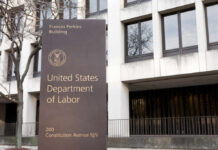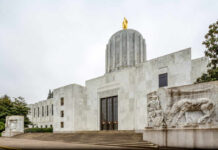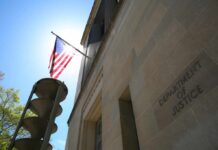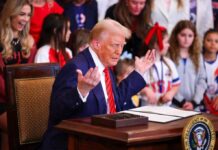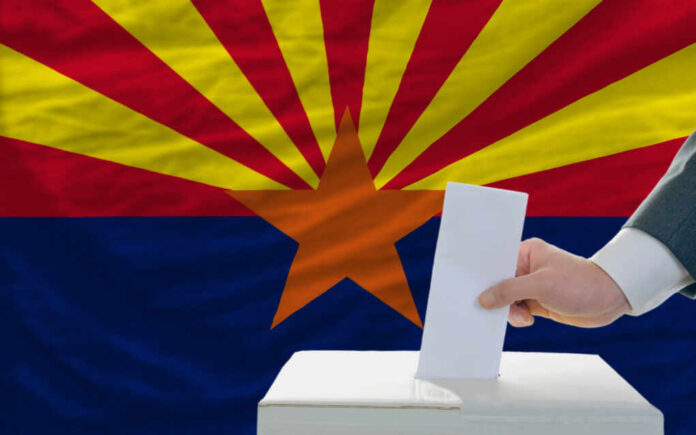
In a bold move to fortify election integrity, Arizona’s Republican leaders have turned to the U.S. Supreme Court for assistance. They’re seeking to reinstate a state law that would tighten voter registration requirements by mandating proof of citizenship.
The Republican National Committee (RNC) and state GOP officials recently submitted an urgent appeal to the nation’s highest court. Their goal is to overturn a federal appeals court decision that put key aspects of the 2022 Arizona law on hold.
If given the green light, the law would require individuals using state forms to register as voters to provide documentary evidence of their U.S. citizenship. This requirement would extend beyond just state elections, impacting mail-in voting and even participation in presidential contests.
The current system in Arizona, which stems from a 2013 Supreme Court ruling, allows people without citizenship proof to vote in federal elections as “federal-only voters.” Republicans argue this practice needs to change to ensure only eligible citizens are casting ballots.
Michael Whatley, chair of the RNC, stressed the fundamental nature of citizenship verification in protecting election integrity. He described it as “common sense and fundamental” in the ongoing effort to secure American elections.
However, the law faces opposition from left-leaning groups such as Mi Familia Vota, who claim it creates unnecessary barriers to voter registration. This clash highlights the ongoing debate between enhancing election security and maintaining easy access to voting.
In their appeal, GOP leaders invoke the Purcell principle, a legal concept that discourages courts from changing election rules too close to an actual election. They argue that blocking the law not only violates this principle but could also lead to confusion among voters.
As the November elections loom, the urgency of this case grows. Republicans have asked for a decision by August 22, a crucial deadline for finalizing ballot designs and configuring voting machines.
The outcome of this case could have far-reaching implications, potentially setting a precedent for how states across the country verify voter eligibility. As America continues to grapple with concerns about election security, the Supreme Court’s decision may shape the landscape of voter registration processes nationwide.
With both sides firmly entrenched in their positions, the nation now waits to see how the Supreme Court will rule on this critical issue of election integrity and voter rights.



